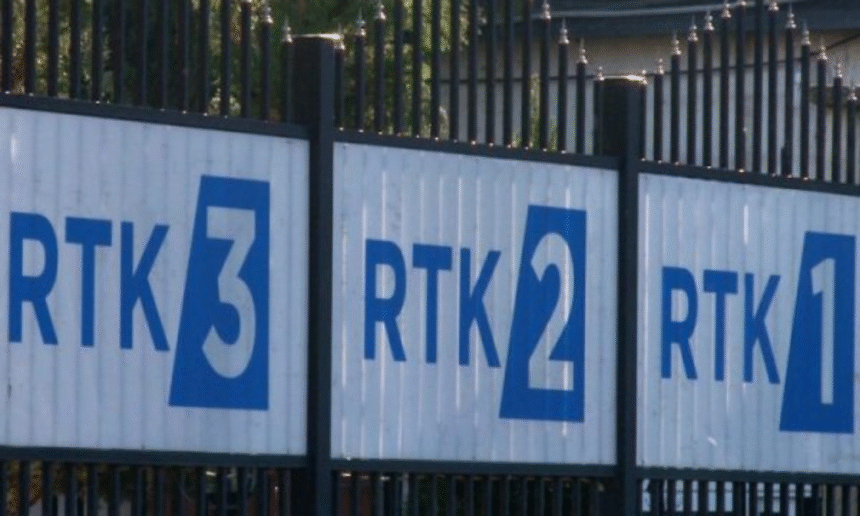Organizations advocating for journalists’ rights and other international bodies are raising alarms about the dire financial situation facing Radio Television of Kosovo (RTK), the country’s only public broadcaster. RTK staff are at risk of not receiving their July salaries, and the institution’s operations are jeopardized due to the prolonged non-constitution of the Kosovo Assembly and the resulting inability to establish the parliamentary budget committee.
RTK’s Urgent Appeal for Funds
RTK Director-General Hysen Hundozi recently stated that efforts are ongoing to find a solution for allocating the second half of RTK’s budget, which was approved by the Kosovo Assembly. “The public broadcaster must remain independent and function without interruption – even in times of political and institutional crises,” he emphasized after a meeting with the Ombudsperson, Naim Qelaj.
International and Local Organizations Express Alarm
The European Union also reacted to RTK’s financial predicament on July 24, urging competent authorities to ensure stable and long-term funding for RTK and enable the public broadcaster’s unhindered operation. “We remain concerned about the continuous delays, which already have concrete consequences,” the EU stated.
The Association of Journalists of Kosovo (AGK) echoed these concerns, recognizing RTK’s vital role in Kosovo’s media landscape. “In the absence of a functional Assembly, AGK calls on the Government of Kosovo to take the necessary steps to continue RTK’s financing,” their statement read.
International organizations protecting journalists’ rights have also voiced their worries. The European Broadcasting Union (EBU), the world’s largest alliance of public broadcasters representing over 100 broadcasters in more than 56 countries, sent a letter to Kosovo’s institutions expressing concern.
“We understand that the current political context limits the Assembly’s ability to act. In this sense, RTK has officially appealed to your Government, including the Ministry of Finance, for immediate institutional intervention and allocation of necessary funds. The Government’s decision to do so would not set a precedent, as similar cases have been encountered in the past under comparable circumstances,” the EBU letter stated.
According to the EBU, if no action is taken, RTK will be without the second part of its annual budget from July 1 due to the Assembly’s non-constitution. The union warned that if RTK doesn’t receive the approved funds, it won’t be able to meet its legal and financial obligations. “This would result in the first-ever service interruption for the only public broadcaster in Kosovo. Such a thing would have serious consequences for media freedom, democratic oversight, and the public’s right to accurate and independent information. This crisis is in direct contradiction with Kosovo’s legal obligations and European standards,” the EBU added.
The European Federation of Journalists (EFJ) joined AGK in its concern, stating, “For months, RTK has faced a deep financial crisis as a result of the deliberate failure by Kosovo’s institutions to allocate the approved budget. The warning that RTK might run out of financial means within a few days and be unable to pay its employees for July is alarming.” EFJ Director Maja Sever expressed hope that Kosovo authorities would take urgent measures to allow the public broadcaster to operate, in line with European standards that require guarantees for long-term funding, stable governance, and dignified working conditions.
As RTK’s financial crisis continues, MPs will attempt for the 52nd time to constitute the new parliamentary composition on Friday, just one day before the 30-day deadline set by the Constitutional Court for the establishment of the legislative body.







